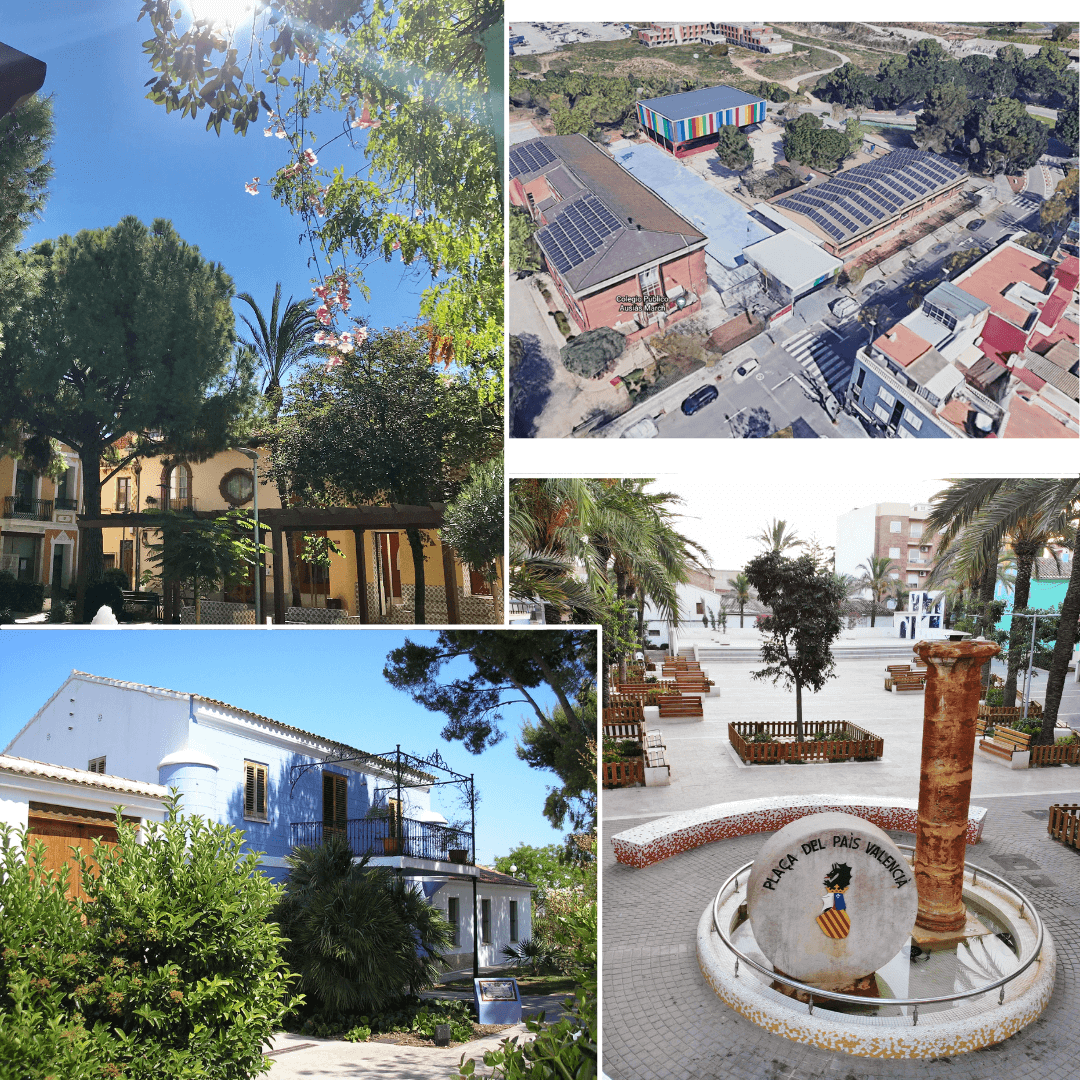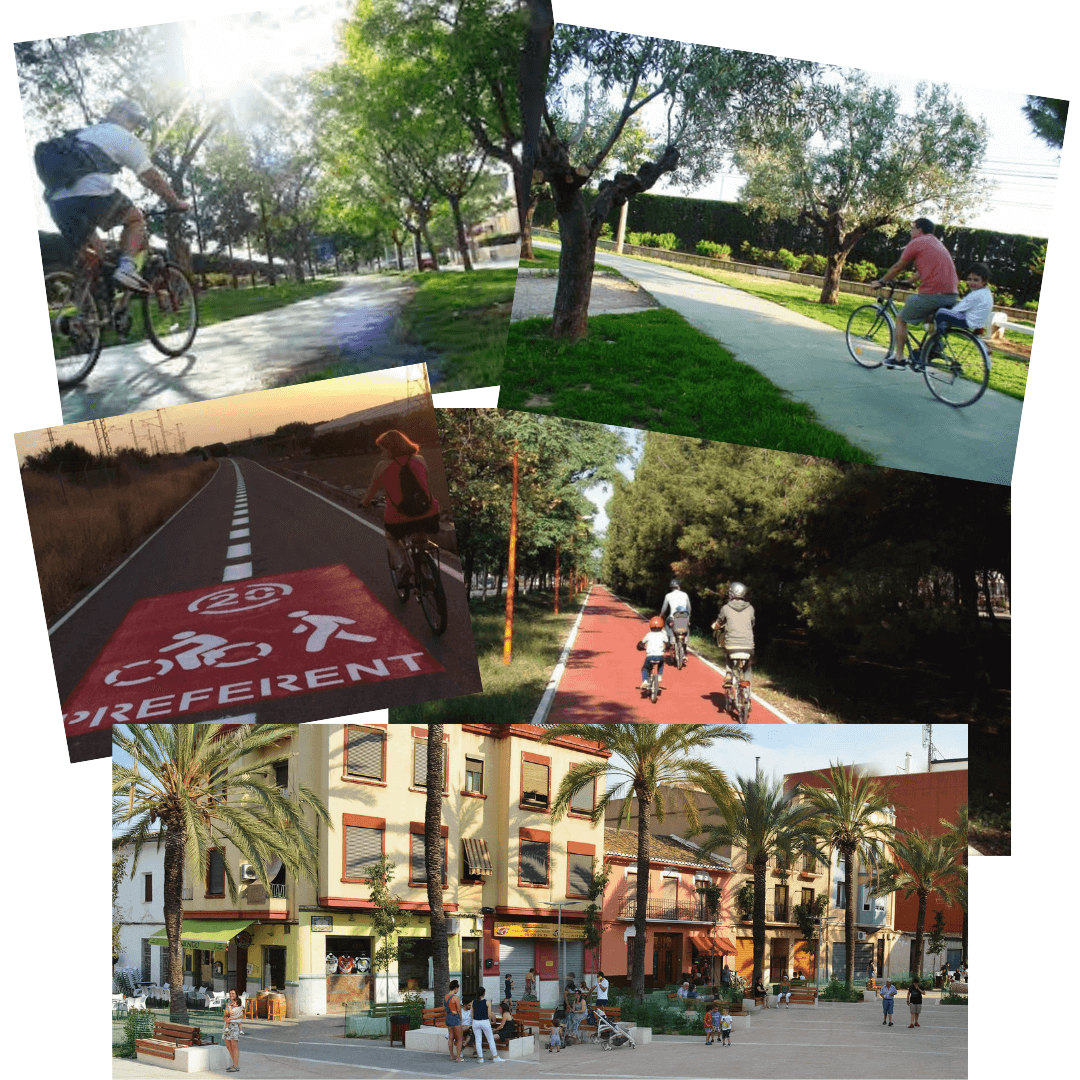Picanya, Spain
Picanya is a municipality of 11500 inhabitants located in the Metropolitan Area of the city of València, in which local policies are being developed to promote the quality of life and well-being of the people, sustainable growth and education in values. The Picanya City Council has the mission of creating a healthy, accessible and diverse environment, with natural wealth and spaces that favor social exchange, through an inclusive, circular, green and accessible urbanism and the development of programs oriented to the culture of reduction of consumption, reuse and recovery, favoring the change to a circular social culture, the maintenance of an active and quality life and the autonomy of the people. Since 1992, the “Crèixer junts millor” campaign has been carried out, whereby every child born in Picanya receives a tree under which a commemorative ceramic plaque is installed. So far, 3549 trees have been “adjudicated” to children. The municipality aims to create green spaces with expanded functions, such as gyms and free access areas for the practice of team sports. Aditionally, it has made sure to have trees in all the streets of the urban area, the industrial area, the 22 km long bike lane that connects with the perimeter bike lane of the Metropolitan Area and allows bicycles access to the Natural Park of the Albufera or the River Park of Turia.
Regeneration and reduction
Picanya has a strong focus on the reduction of waste and consumption and on urban regeneration. The city has a comprehensive system for the collection of urban waste and appliances which, in combination with the Ecoparc, allows the classification and subsequent controlled treatment, recovery or reuse (second-hand market) of products and objects. It is also trying to reduce the use of plastics in commerce and hospitality, and to improve the regenerative potential of its built environment. To do so, the municipality is improving envelopes in strategically chosen buildings, installing reusable energy systems in public buildings, implementing bioclimactic architecture, and recovering historic buildings for public use.


Sustainable mobility
Picanya is in favour of soft mobility and the reduction of road traffic in urban areas. To that end, it has pedestrianised its urban center, greened its streets and avenues, extended its bike lane network, installed charging points for electric vehicles, created a fleet of electric bicylces for the use of municipal services, and is implementing dissuasive car parks. For its work in this area, Picanya has received the Sustianable Mobility Award, given by the Valencia regional government during the European Mobility Week, three times.

